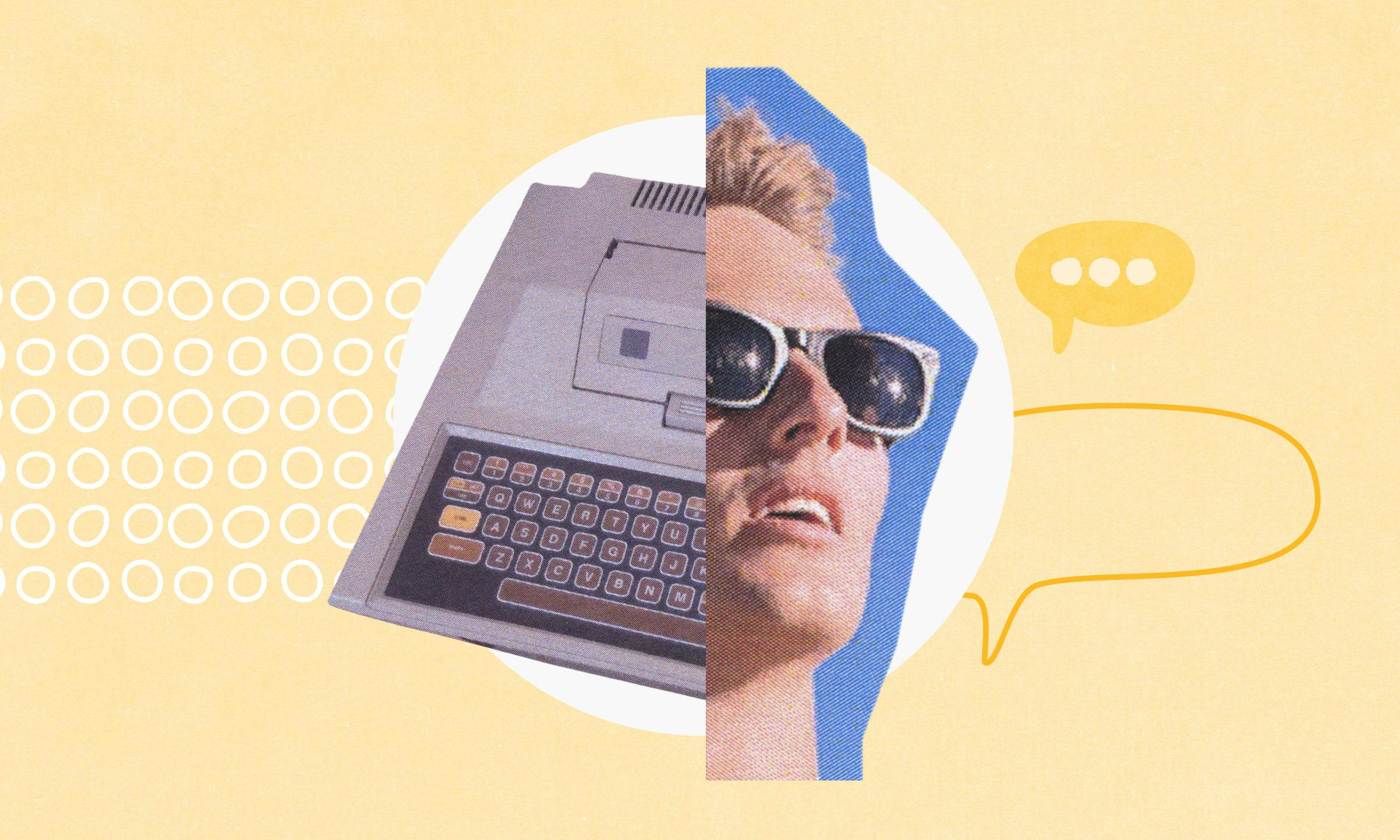The Ultimate AI Hack

By most accounts, we’re a little over a decade into the Fourth Industrial Revolution, a period of time that—at least for the past two years—has been dominated by two now-extremely-familiar words: artificial intelligence.
It’s perhaps the most exciting time in human history to be alive and working, but it’s certainly not without its concerns, many of which are grave and frightening and byzantine.
For many people, the concept of artificial intelligence, which is a layered and complex category of technologies that fall under the same umbrella term, is simply too esoteric and unapproachable to worry much about, at least for now.
For others, however, it’s the solution they’ve been waiting for, a sparkling, irresistible, digital panacea.
For me, though, the concept of artificial intelligence brings up something else entirely, not ambivalence or elation, but something I can only describe as gratitude. This is because AI brings with it a reminder of how essential, and absolutely incredible, it is to be human, and why being human matters now more than ever.
As a writer and strategist—and certainly as an agency owner— it behooves me to stay abreast of what’s happening in the world of technology, and in the wider world of marketing and branding in general. In order to do this, I read—and I read a lot. I read widely, too, not just about business, but about anything and everything I find interesting.
Importantly, I do most of that reading with real, physical books—because real books (by real humans who’ve had real experiences) are the antidote to digital fatigue, the foolproof treatment for that common condition we all experience of not being able to finish a thought, or an article, or a sentence, without thinking or reading or saying something else right in the middle of the experience.
More than just a source of joy and an ingredient in happiness (there’s a reason noted Harvard researcher and happiness expert Arthur C. Brooks prescribes fifteen minutes of reading a day to his class as a way to become happier), reading is a means of connecting with other humans—from other cultures and other families, from younger generations and older ones, humans from a panoply of experiences that I, and probably you, have never had first hand.
Reading is a way of learning how to introspect, a way of building empathy, of combatting the myopia that so often occurs in digital spaces, where algorithms push us into echo chambers, giving us the false impression that everyone we know thinks like us.
Of course, not everyone does—think like us, that is—and this is a good thing. It’s likely the reason you’re reading my words right now—because of the simple fact that I don’t think like you, that I have a different perspective than you do, that the words I create are different than the word’s you’d create.
It’s magical, I think—this process, whereby you’ll read my perspective, and then you’ll think about it, and then you’ll form a new and different perspective, informed by a history that only you can bring, by a personality that only you have, which you’ll then birth into the world for others to consider.
This is an absolutely astounding series of events if you take even a moment to consider it.
One of the biggest gifts The Age of AI has given us to date is the realization that what we are is even more exciting than what we make.
And even though we’re rapidly progressing toward a future where knowledge work is forever altered, or perhaps rendered obsolete in the end, we humans, we creative humans, with all our beautiful, thoughtful and sometime incredibly annoying nuance, still need to be a part of the process of creation, even if our role in that process is changing.
Even if we’re not the ones actually doing the work anymore, we’re still the ones judging the work, and that means we still need to understand the work—and that can only come from understanding, or at least trying to understand, ourselves and the humans around us.
Can AI help you figure out your brand strategy, or your marketing strategy, or your lead-generation strategy?
Of course it can.
But it can’t determine whether or not those strategies are good, or even relevant, to the problem you’re trying to solve.
You still have to consider the strategy, and the solution it points towards, and make that judgement for yourself, because it’s you who knows your customers, it’s you who knows your business, it’s you who knows the history and industry and peculiarity that comes with running your organization, your department, your pitch.
Ethan Mollick, AI researcher, writer, and distinguished Wharton professor, recently wrote, “AI content will suddenly be everywhere, in every organization. Thus, to use AI at work requires you to think about what your work means to others, and what it means to you.”
Think about that for a moment.
To use AI at work requires you to think about what your work means to others, and what it means to you.
To think about meaning and to synthesize that meaning within the context of your own work and your own life, within your own business, that’s what it means to be human.
Or, at least, that’s part of what it means to be human.
It’s how we think critically. And the more critically we can think, the better we are at it, the more we can use the technologies we’ve created, these artificial intelligences, to compliment, not replace, the work we do.
It seems to me that there’s never been a better time to go all-in on being human, to double down, to invest everything you have in critical thinking and reading.
Because if there’s one hack in The Age of AI, it’s this: be more human.

